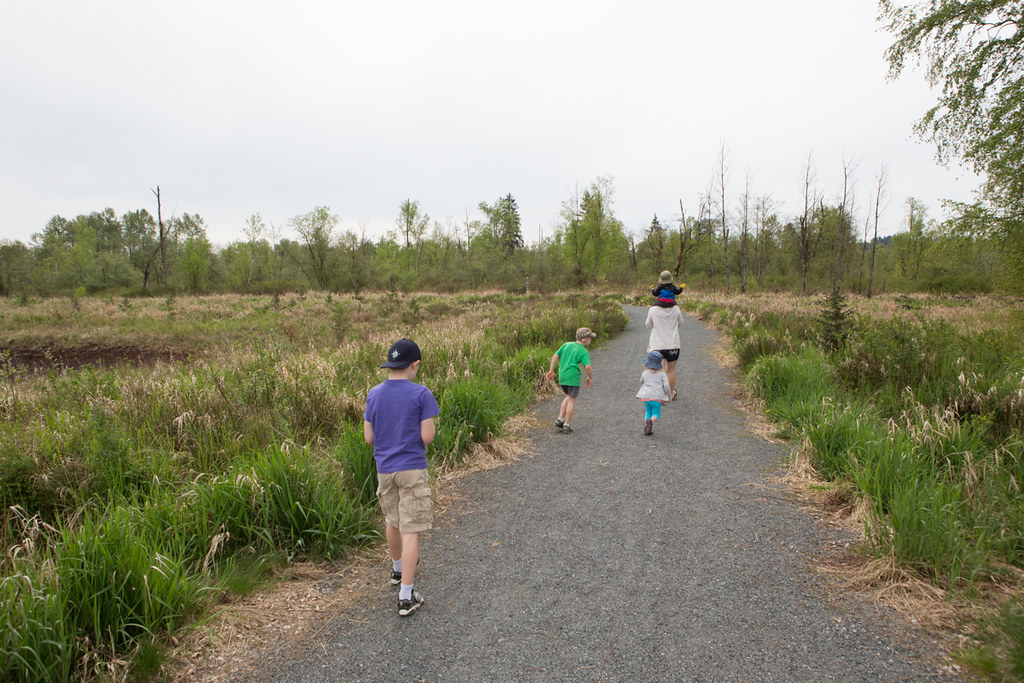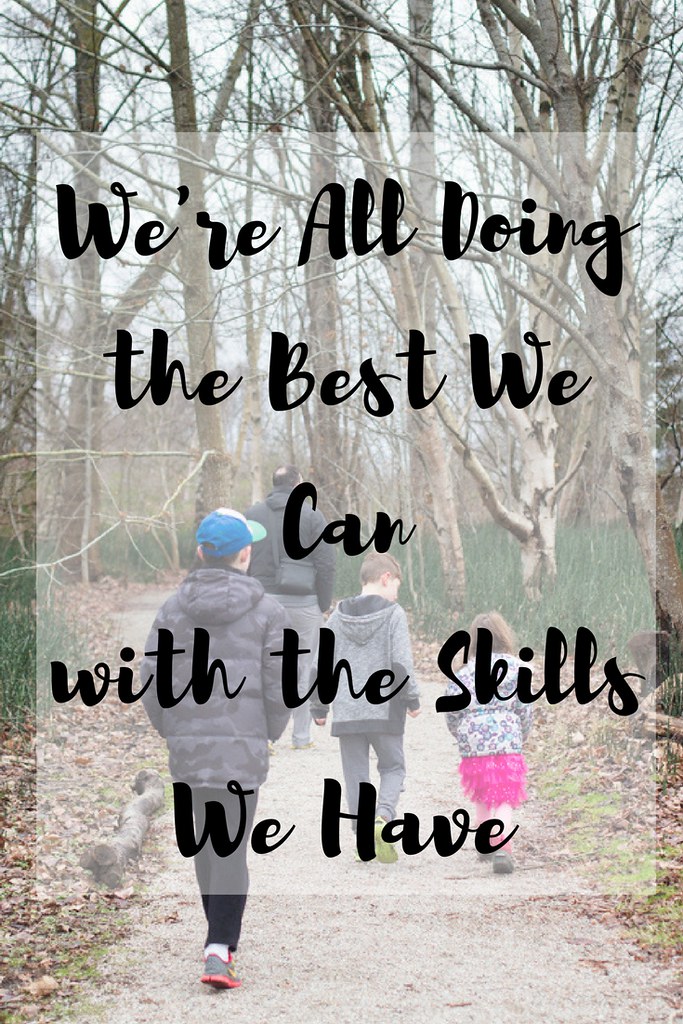"How could she choose drugs over her children?" " How could she not feed her child?" "She doesn't deserve to see her children again after what happened." We can be a judgey bunch in general, but oh do we let loose when it comes to stories of neglect and trauma. Now don't get me wrong, these incidents are terrible and heart-breaking and their children should be removed in most cases. Immediately. Every child deserves love, encouragement and support along with the basic rights of safety, food, clothing, and medical care. But do the parents actions warrant our words of judgement?
Where were we when they needed help? Do we know or consider their story?
Ponder this: People are doing the best that they can.
Before you say "No way!", listen. It might not look like your best but when you consider their life experiences, support, education, finances, health (mental and physical), and support system, they are likely doing their best. Brenè Brown wrestled over this idea with her husband Steve in Rising Strong and he said, "...All I know is that my life is better when I assume that people are doing their best. It keeps me out of judgement and lets me focus on what is, and not on what should or could be."
Let that thought soak in and assume that people are doing their best. The mom who isn't feeding her children may have grown up in neglect herself and that is all she knows. She may be struggling with depression and the fact that is still physically present it all she can do. She likely does not have the resources to get food for her children–there is so much poverty, even in this country of plenty. Is this okay? No, the children need to be fed and mom needs to find support in the form of education and resources.
Do you realize that we are all an incident or two from being in their shoes?
What would have happened had you thought to try drugs "just one time"? Not gone to a specialist when you were struggling with depression or anxiety? Chosen a boyfriend who you fell in love with who ended up being abusive? Just one decision could have led down such a different path–one that may disgust, frustrate, or confuse you now.
All I suggest is that we look at those who have suffered the removal of their children with a lens of compassion–consider all of the factors that could have led to where they are now.
When we welcomed our first foster child last summer, I went through so many emotions and judgmental thoughts. This Little One was fearful, distant, hurt, and angry. When I met with our Little One's mom a week later, I was barraged with anger and accusations from HER. This momentarily destroyed me and I had to process that she felt a major lack of control and a great sense of loss and helplessness. Over the months, we have wrestled with these feelings of frustration and a lack of control on both sides.
Slowly, I have learned some of her story. There are many things that have happened in her life to lead her to where she is now. Could she have made different choices? Yes. Did she have family or friends helping her? No. Does she have difficult obstacles to overcome everyday? Yes. She is finally being presented with resources and support and is doing all she can to get her child back – I am proud of her. She parents differently than I do, and always will, but that's okay as long as our Little One is kept safe – we're both going to do the best that we can with the knowledge we have and seek. Both mamas love this child and are learning how to best support our Little One. We are a team, a unique one, but we have the same goal: Health and happiness for our Little One, back with mama, when she is ready.
Love,
Louise
I would love to see you on Facebook, Instagram and Twitter to join in on the conversation.
.jpg)


This is really thought-provoking and beautifully written, Louise! Thank you for sharing this and challenging us (me!) in this way.
ReplyDeleteThank you, Kelly! It's challenged me as well.
DeleteThanks for writing this! Before I retired, I worked as a public health nurse and one of my roles was to facilitate a weekly group for prenatal mothers and one for mothers with children under one year of age who were considered "high risk" (mental illness, poverty, domestic abuse, history of drug/alcohol abus) and were caring for their child. The goal was to encourage good parenting, which is challenging when there is inadequate housing, lack of food security, no family support system, abusive relationships, lack of transportation, lack of parenting models, poor literacy. The daily obstacles and challenges these women face are huge. When these parents are respected and acknowledged for wanting to do their best, and given access to resources and supports, and most of all given a sense of hope, they have the opportunity to make the choices necessary to parent better. Incentives to attend were a free lunch, transportation, on site child care, prenatal vitamins, food vouchers. Not every community offers these programs - more should.
ReplyDeleteWhat a great program! So many obstacles and challenges as you indicated, and yes, the importance of respect, resources, and hope. Thank you for sharing.
DeleteBeautifully said. ❤️
ReplyDeleteThank you, Lindsay.
DeleteI love the insight and perspective you share here. Thank you for this Louise! ❤️
ReplyDeleteThank you, Jocelyn, for your encouragement and commenting :)
Delete